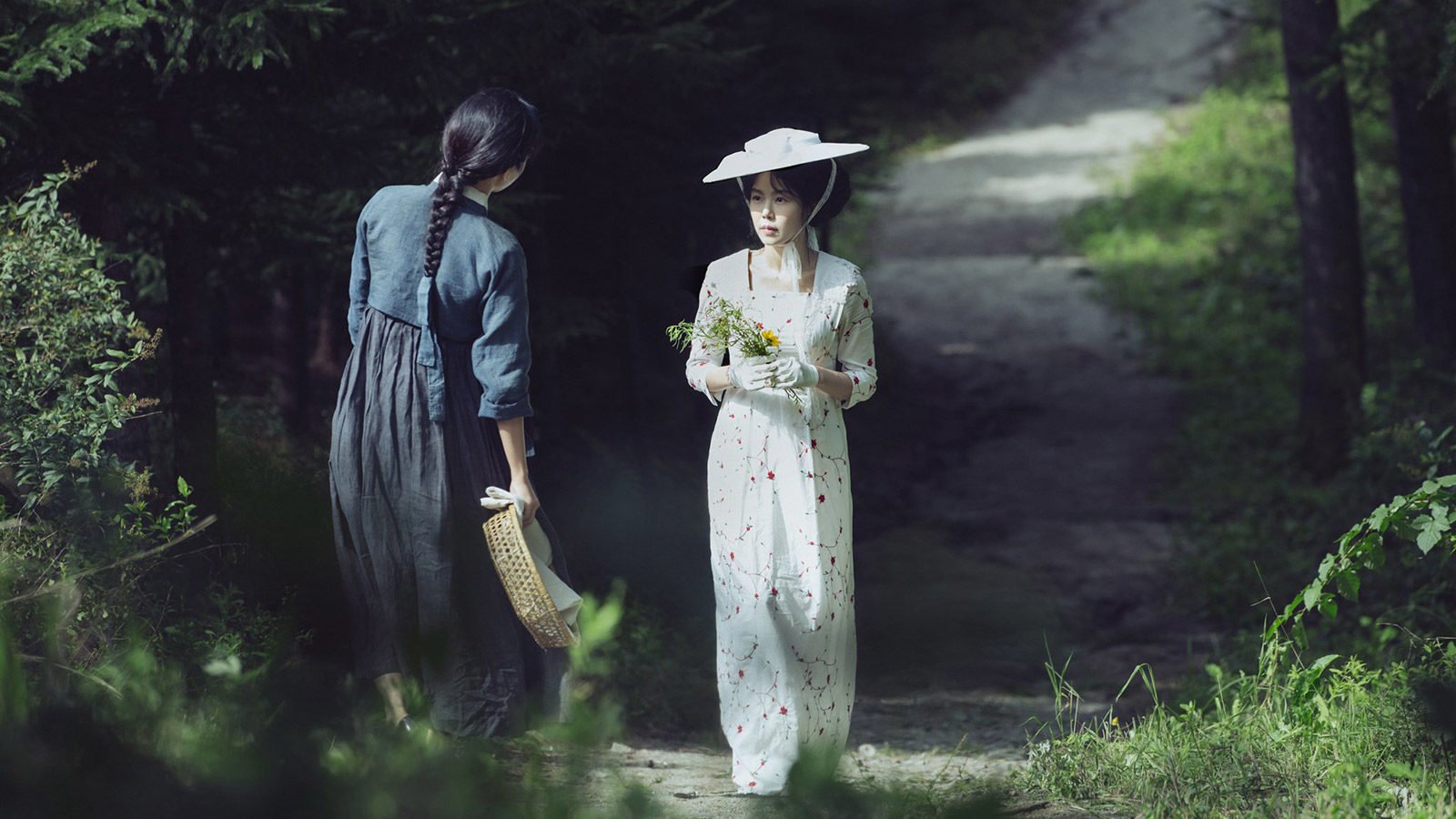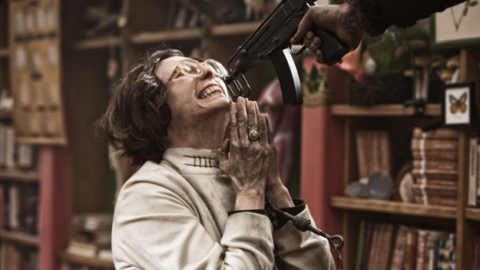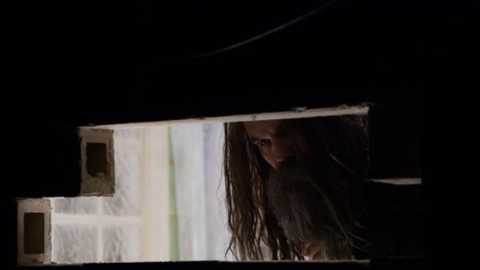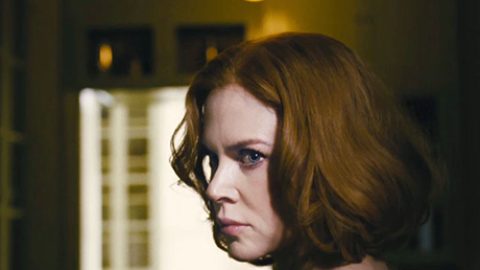By Violet Lucca in the September-October 2016 Issue

Short Takes: The Handmaiden
(Park Chan-wook, South Korea, Opening October 14)
As universal and ancient as prostitution, the dynamic between master and servant always proves fertile ground for incisive social commentary. Transposing Sarah Waters’s Fingersmith from Victorian England to 1930s annexed Korea, Park Chan-wook has fashioned a darkly comic treatise on the relationship between Korea and Japan that at times is as trenchant as Oshima’s Death by Hanging.

From the September-October 2016 Issue
Also in this issue
Born into a den of thieves and hustlers, orphan Nam Sook-hee (Kim Tae-ri) is sent to work at a Korean Japanophile’s half-Japanese, half-English gothic country estate. She is supposed to ingratiate herself with the master’s wealthy Japanese niece, Lady Hideko (Kim Min-hee), in order to persuade the heiress to marry her associate (Ha Jung-woo), who is posing as a Japanese count. But the plans go awry when Sook-hee falls in love with Hideko. And that’s only part one of three in the film: the next two chapters alternate between Sook-hee’s and Hideko’s perspectives, revealing a series of mad twists that unfolded in past ellipses.
Aside from these outrageous and ironic convolutions of plot—which hinge on theatrical readings of shunga-illustrated erotica (and involve color-coded subtitles)—Park portrays the complete spectrum of sex, exploring its liberating, abusive, and basally functional aspects. The love scenes between Sook-hee and Hideko are beautiful, explicit, and funny, displaying a candor about sexuality that’s not intended to shock but to draw you in—it’s the most normal thing about this flamboyant, acerbic film.







